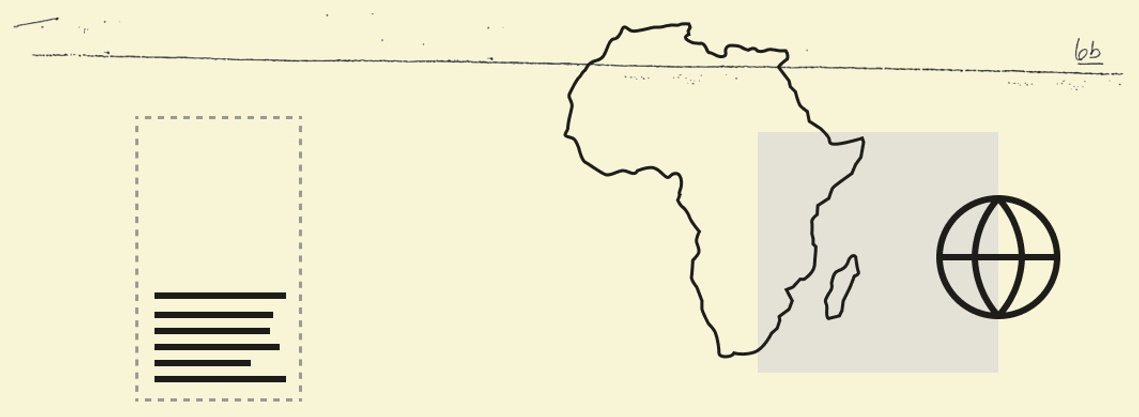 Business & Macro🇿🇦 Mining giant Anglo American wrote down the value of its South African diamond subsidiary De Beers by $2.9 billion due to a “really, really difficult” market for diamonds, Anglo American’s CEO Duncan Wanblad said. 🇲🇱 Barrick Gold reached an agreement with Mali to end a years-long dispute that will see the Canadian miner pay the government $438 million and resume operations at its Loulo-Gounkoto mine in western Mali, Reuters reported. 🇳🇬 The Central Bank of Nigeria held its main interest rate unchanged at 27.5% following a rebasing of inflation data by the government’s statistics agency. The bank’s monetary policy committee had raised the rate by 16 percentage points since 2022. Climate & Energy🇿🇦 Neosun Energy, a solar energy company in Pakistan, began installing a solar energy system in Johannesburg’s Jet Park industrial area that will generate about 1.35 GWh of electricity a year. 🇳🇬 Nigerian refineries have contributed less than half of the 50 million liters of petrol consumed daily in the country since the beginning of the year, a local oil sector regulator said. Geopolitics & Policy🇳🇪 A national conference in Niger, where the military seized power in a 2023 coup, proposed a five-year timeline for transition to democratic rule. It recommended abolishing all political parties for a new charter that will permit no more than five new parties. 🇫🇷 France will keep 80 military officers in Côte d’Ivoire for training purposes and for a “joint detachment” that could be used as the need arises in the country, said France’s Defence Minister Sebastien Lecornu. Tech & Deals🇲🇿 British International Investment, Swedfund, and Norfund jointly invested $85 million in AgDevCo, an agribusiness investor in sub-Saharan Africa focused on Cote d’Ivoire, Kenya, Malawi, Mozambique, and Zambia. 🌍 African e-commerce company Jumia’s revenue fell by 10% to $167.5 million in 2024, it reported, saying the firm would this year focus on expanding outside urban centers and strengthening relationships with international sellers. |